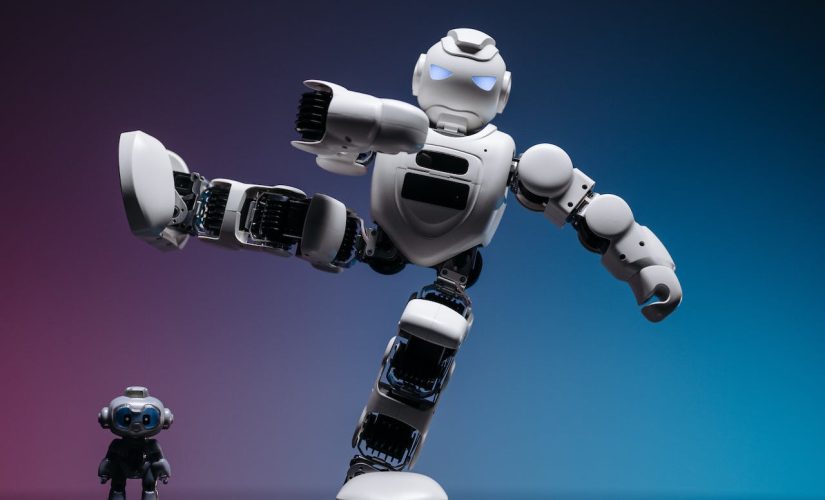A group of scientists from Stanford University have designed an affordable robot with the ability to carry out intricate tasks autonomously by leveraging artificial intelligence (AI). Known as Mobile ALOHA, the robot was constructed using readily available components and 3D-printed hardware, with costs amounting to $32,000. The Mobile ALOHA project aims to revolutionize the robotics industry by providing a low-cost yet highly efficient solution for various applications, including manufacturing, healthcare, and research. By utilizing advanced AI algorithms and computer vision, the robot demonstrates exceptional precision and adaptability, proving that sophisticated robotic systems can be achieved without breaking the bank.
Training the AI-driven robot
The researchers trained the AI-driven robot to accomplish various tasks, such as preparing shrimp, tidying up spills, and managing elevators — all without human input. This autonomous robot utilizes advanced machine-learning algorithms, allowing it to adapt and improve its performance over time. Additionally, the AI system powering the robot is designed to understand and predict human behavior, ultimately leading to seamless and efficient collaboration with human workers in everyday environments.
To help Mobile ALOHA learn tasks swiftly, the team employed a “co-training” strategy, which blends new and old data. This technique enabled the robot to acquire skills quickly — instead of relying on thousands or millions of instances. By combining previously learned information with new data, Mobile ALOHA can constantly adapt and improve its efficiency in executing tasks. This co-training approach reduces the need for extensive training data sets, making it more practical for real-world applications where rapid learning is crucial.
Tackling complex issues with affordable robotics
The work conducted by the Stanford team on Mobile ALOHA highlights that cost-effective robotic hardware can tackle complex issues. Incorporating affordable components and cutting-edge algorithms, the researchers have demonstrated the potential of these innovative robotic systems in addressing real-world challenges. As technology advances, the accessibility and applications of cost-effective robots will inevitably expand, offering impactful and sustainable solutions across various industries.
The Mobile ALOHA project presents an innovative approach to creating affordable and adaptable robotic systems using AI algorithms. With a focus on co-training, efficient learning, and improving grasping and maneuvering abilities, this research has the potential to transform various industries and applications. As the team continues developing the robot and incorporating more advanced techniques, we expect to see even more practical and cost-effective robotic solutions.
Featured Image Credit: Pavel Danilyuk; Pexels





